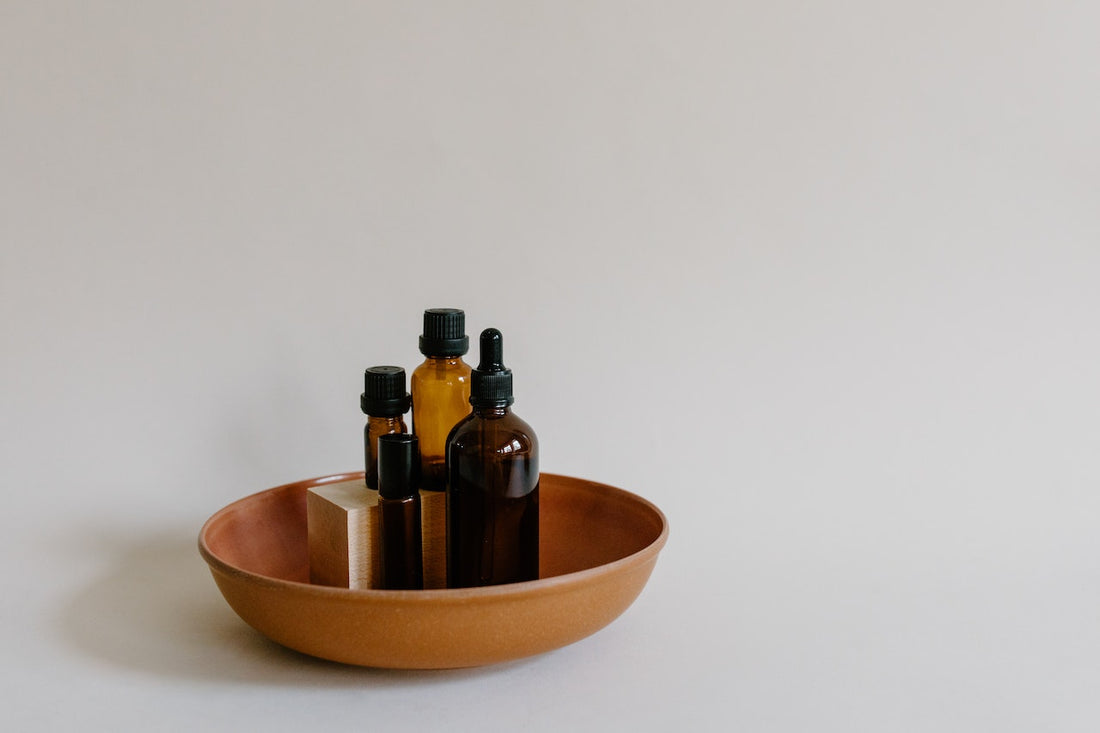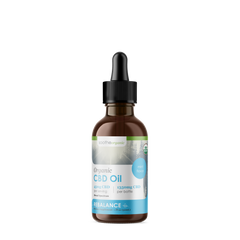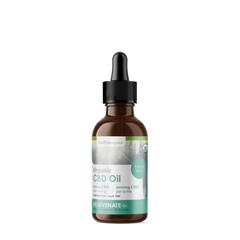Cannabis has been used for thousands of years for medicinal and recreational purposes. In recent years, scientific research has uncovered the therapeutic potential of two of its components — CBG and CBD. CBG is a phytocannabinoid synthesized from hemp, while CBD is a significant component of hemp. Both cannabinoids are believed to interact with the endocannabinoid system in the body, but they have distinct differences in their mechanism of action and potential benefits.
This article explores the dynamic duo consisting of CBG and CBD and their potential benefits. Below, we delve into the differentiating characteristics of these two cannabinoids and how they can work together to enhance their effects.
We also discuss the potential of combining CBG and CBD in various forms of cannabis products and how this combination can offer more pronounced benefits than using either one individually. By understanding the unique properties and benefits of CBG and CBD, individuals can make informed decisions about their cannabis use and achieve optimal wellness.
Key Takeaways
- CBG and CBD are non-intoxicating phytocannabinoids found in Cannabis sativa that offer unique benefits individually and work together synergistically to enhance each other’s benefits.
- Isolating CBD from hemp is more common than isolating CBG, making research about CBG more limited. CBG extraction requires much more effort compared to CBD.
- CBD may help promote relaxation and calmness, be used as a sleep aid, and be effective with minor discomfort caused by strenuous exercise. CBG also plays a role in stress management and may help boost CBD’s unique attributes. The combination of CBG and CBD may be more effective than using either one individually.
- Many CBD products combine CBG and CBD in their formulations, and being knowledgeable about CBG vs CBD differences can help achieve personal wellness goals.
Benefits and Uses
Both CBD and CBG offer unique benefits and work together synergistically.
CBD has been found to promote relaxation and calmness, potentially aiding in sleep support and physical discomfort relief.
CBG, on the other hand, plays a role in stress management and may enhance CBD’s properties, making the combination of CBG and CBD potentially more effective for physical activities.

CBD is commonly used in products such as tinctures, softgels, and gummies, while CBG is less frequently isolated and extracted due to the amount of effort required. Still, many broad-spectrum or full-spectrum CBD products contain both CBG and CBD.
The results from using CBD and CBG can vary based on body types, lifestyle, and other physical qualities. Individuals must determine which cannabinoid fits their needs best when comparing CBG vs CBD.
However, the decision between CBG and CBD may be moot as many CBD products combine the two. Being knowledgeable about CBG vs CBD differences can help individuals achieve their personal wellness goals.
Differentiating Characteristics
One way to distinguish the characteristics of these two non-intoxicating phytocannabinoids is by examining their specific interactions with the endocannabinoid system and their potential individual benefits.
CBD primarily communicates with CB2 receptors, mostly found in the peripheral nervous and immune systems. At the same time, CBG attaches to CB1 and CB2 receptors, which are more widely distributed throughout the body.
This difference in receptor interaction may explain why CBG is thought to have a broader range of potential therapeutic benefits compared to CBD’s more targeted effects on stress and anxiety.
To explore the differences further, a table comparing the characteristics of CBD and CBG can be helpful.
The table below outlines some of the key differences between the two phytocannabinoids, including their chemical structure, potential health benefits, and availability in hemp.
|
Characteristics |
CBD |
CBG |
|
Chemical Structure |
Monoterpenoid |
Monoterpenoid |
|
Receptor Interaction |
Primarily CB2 |
Both CB1 and CB2 |
|
Potential Benefits |
Stress, Anxiety, Pain relief |
Anti-inflammatory, Antioxidant, Neuroprotective |
|
Abundance in Hemp |
High |
Low |
|
Extracted in Isolation |
Yes |
Rarely |
|
Synergistic Effects with CBD |
Yes |
Yes |
Combining CBG and CBD
The combination of CBG and CBD, has shown potential for enhanced therapeutic benefits. While each cannabinoid offers unique benefits on its own, the combination of CBG and CBD has been found to work synergistically to enhance each other’s properties.
CBG has been shown to enhance the effects of CBD, making it a powerful combination for managing physical discomfort and encouraging a healthy inflammatory response.

The combination of CBG and CBD may also be more effective in addressing stress than cannabinoids alone. CBD can help promote relaxation and calmness, while CBG has shown potential as an anxiolytic. Combining these two cannabinoids may offer a more comprehensive approach to addressing these issues.
Overall, the combination of CBG and CBD shows promise as a powerful duo for promoting wellness and achieving therapeutic benefits.
Frequently Asked Questions
Can CBG or CBD cause any adverse side effects?
There is limited evidence to suggest that CBD and CBG may cause side effects such as drowsiness, dry mouth, and changes in appetite or mood. However, the severity and frequency of these effects may vary among individuals. Further research is needed to understand the potential risks and benefits of these cannabinoids fully.
How do CBG and CBD interact with other medications?
The interaction between CBG and CBD with other medications is not fully understood and may vary based on individual factors. It is recommended to consult with a healthcare professional before combining CBG or CBD with any medication.
Are there any legal restrictions on the use of CBG or CBD?
Both CBG and CBD are legal in most countries, including the United States, as long as they contain less than 0.3% THC. However, regulations may vary from state to state, and it is important to check local laws before purchasing or using these cannabinoids.
How do CBG and CBD affect mental health conditions like anxiety or depression?
Limited research suggests that CBD may help promote relaxation and calmness, potentially aiding sleep and minor discomfort caused by exercise. There is no concrete evidence of CBG’s effects on mental health conditions like anxiety or depression.
Are there any differences in taste or texture between CBG and CBD products?
There is no significant difference in taste or texture between CBG and CBD products. Both cannabinoids are typically extracted from hemp and can be found in various forms, including tinctures, softgels, and gummies. However, the specific product formulation may affect the taste and texture.
CBD energy drinks, CBD sleep apnea, MLB CBD, Best sleep gummies, THCV gummies, 750mg gummies, CBD sports cream, CBD cream 1000mg, Wyoming weed laws, CBG tincture, gummies for sleep, CBD softgels 25mg, delta nine gummies, sleep gummies, CBD Wyoming, CBD store Casper, Focus gummies, THCv gummies effect, healing salve, best delta nine gummies, sleep gummies for adults, vegan gummies, CBD softgels, best THCv gummies, full spectrum vs. broad-spectrum CBD, muscle rub, organic sleep gummies






